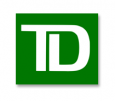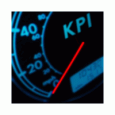
Leading business schools in Canada and around the world are adding sustainability to their required MBA curricula. Oxford in the U.K., INSEAD in France, and York University in Canada are some of the business schools with required courses in sustainability. This can be seen as an indicator that sustainability has become a core business competency needed to effectively compete in today’s and tomorrow’s environments.




